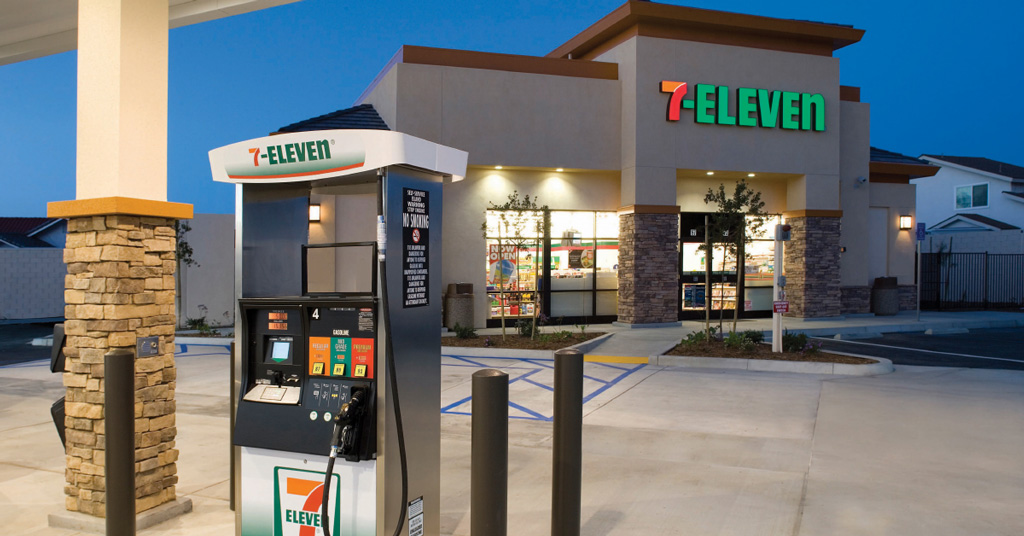Indian Schooling Sector – Outsourcing of Solutions by Rely on to Related Providers Corporations

The formal controlled schooling sector in India broadly comprises of schools (typically classified as K-12 – kindergarten to 12th) and better training establishments. Although India has been proactive on liberalization, the instruction sector has remained mainly untouched by the reforms approach. Archaic legislations mandate all official educational institutions in India to be operate as ‘not-for-profit’ centres by not-for-revenue entities viz. a modern society, rely on or a area 25 company. Any surplus funds produced in the system of managing K-12 universities or bigger academic establishments have to be ploughed back into the very same faculty or instructional establishments less than the similar believe in and no dividends can be distributed to the members of the not-for-profit entities. Even further, the constitution of the have faith in/modern society must be these kinds of that it does not vest management in a single person or associates of a spouse and children, i.e., the belief/modern society need to not be proprietary in character and the educational institutions need to function in ‘not for-profit’ method.
The ‘not-for-profit’ mandate is the one most significant deterrent that has saved major corporate action at bay in the in any other case interesting K-12 section. Most colleges in India are standalone and any chains till just lately have been normally set up by personal charitable, political and/or spiritual groups – together with Vidya Bharti schools (affiliated to the suitable wing political firm RSS) with additional than 18,000 colleges, Dayanand Anglo Vedic (DAV) schools with around 600 educational institutions and Chinmaya Vidyalaya with close to 75 schools amid other folks.
Of late, company properties hunting to renovate K-12 educational facilities into ‘profit-making’ proposition have been employing indirect indicates like lease rentals, administration charges, fees for furnishing assistance and ancillary expert services and so on. to extract the surplus locked in the rely on. Having a cue from these schools, the Indian education and learning sector has been witnessing some company exercise in the K-12 room on identical strains, but in official version of these age-previous buildings. Stringent restrictions are being dealt through an modern two-tier construction, which complies with the ‘trust’ polices and permits promoters (on corporate stage) to produce revenue from the enterprise. In this way, the ‘surplus’ financial gain flows to the companies entity in the kind of rental/fees for offering the land and products and services and is at the company’s disposal to be then dispersed as dividend or made use of to fund one more undertaking.
It is nonetheless crucial that the romance in between the have faith in and the affiliate services business and the infrastructure and management firm should really be very carefully structured so that it conforms to the education and learning and tax principles and rules.
A charitable institution these kinds of as the belief is entitled to exemptions from profits tax in conditions of part 11 of the Earnings Tax Act, 1961 (“IT Act”) matter to compliance with the specifications enumerated therein. The cash flow of the have faith in which is exempted from tax incorporates the income derived from residence, held below belief wholly for charitable or religious uses to the extent to which the profits is used in India.
The conditions ‘property held under trust’ involve a business enterprise undertaking whose business enterprise is incidental to the attainment of the targets of the believe in and separate books of accounts are preserved by these rely on in respect of this sort of business enterprise. For needs of claiming exemption, 85% of the complete money of the believe in is demanded to be utilized toward the item of the trust itself and the rely on should not accumulate much more than 15% of the earnings as the extra accumulation, if any, will be liable to earnings tax.
To avail tax exemptions from profits created by the have faith in from functioning and working educational facilities, the have faith in would require to make certain that the predominant exercise of the belief is to serve a charitable function of promotion of training and not earn earnings. The belief can cost a acceptable fee from the students as earning of revenue for every se does not vitiate exemption granted by the tax authorities. The Supreme Court of India confirms this check out by keeping that “the conclusion on the fee to be charged must always be still left to the personal academic establishment that does not seek or is not dependent on any money from the government.”
On the other hand company structuring should assess the implications of area 13(1)(c) of the IT Act. In the party portion of the money or any assets of the worried belief is during the previous yr made use of or used, directly or indirectly, for the benefit of particular individuals this sort of as the creator/founder of have confidence in any trustee or supervisor of rely on any relative of any author/founder or any concern in which any of the individuals has a significant interest (“Anxious Persons”), then this kind of income so utilized or used will not be excluded from the total money of have faith in for the past 12 months.
Money or assets of have faith in will be deemed to have been used or utilized for the gain of the Concerned Folks, inter alia, if –
(i) any portion of the cash flow or property of the trust is or proceeds to be lent to any of the Involved Persons without the need of any satisfactory safety or interest or both equally
(ii) any land, constructing or other house of the rely on is or carries on to be produced available to any of the Anxious Folks without having charging adequate hire or other payment
(iii) any volume is paid by way of salary, allowance or if not to any of the Involved Folks for services rendered and the total so compensated is in excess of what may be moderately paid out for these kinds of services
(iv) the solutions of the belief are built accessible to the Worried Individuals devoid of satisfactory remuneration or payment
(v) any home is marketed by or on behalf of believe in to any of the Worried People for thing to consider which is less than suitable
(vi) any assets is procured by the have faith in from the Concerned People which is additional than ample and so on.
In look at of the earlier mentioned, expenses incurred by the believe in for paying out rentals and solutions charges to related expert services corporations would require to be benchmarked versus company price paid by other trusts for services of a like character so as not to be perceived as remaining unjustified and in surplus of what is reasonably paid for this sort of companies to ensure continued tax exemptions. If expenditures made by the trust are located to be extreme of what may be fairly paid out for these solutions, the tax authority may disallow these charges manufactured for the positive aspects of the Anxious Individuals or even deny the tax exemption beneath section 11 of the IT Act and deliver the internet receipts of the trust fewer justified bills to tax underneath the head “revenue from other resources”.
The construction, talked about hereinabove, undoubtedly, runs the danger of currently being questioned by the regulatory authorities in see of education and learning staying a ‘socially sensitive’ sector in India, far more so at K-12 degree. However, the composition (which is at variance to the spirit of the ‘not-for-profit’ principle) has been in existence for a prolonged time in the K-12 phase and the design has been adopted by various players in the instruction sector.





